Cipolla’s 5 Laws of Human Stupidity
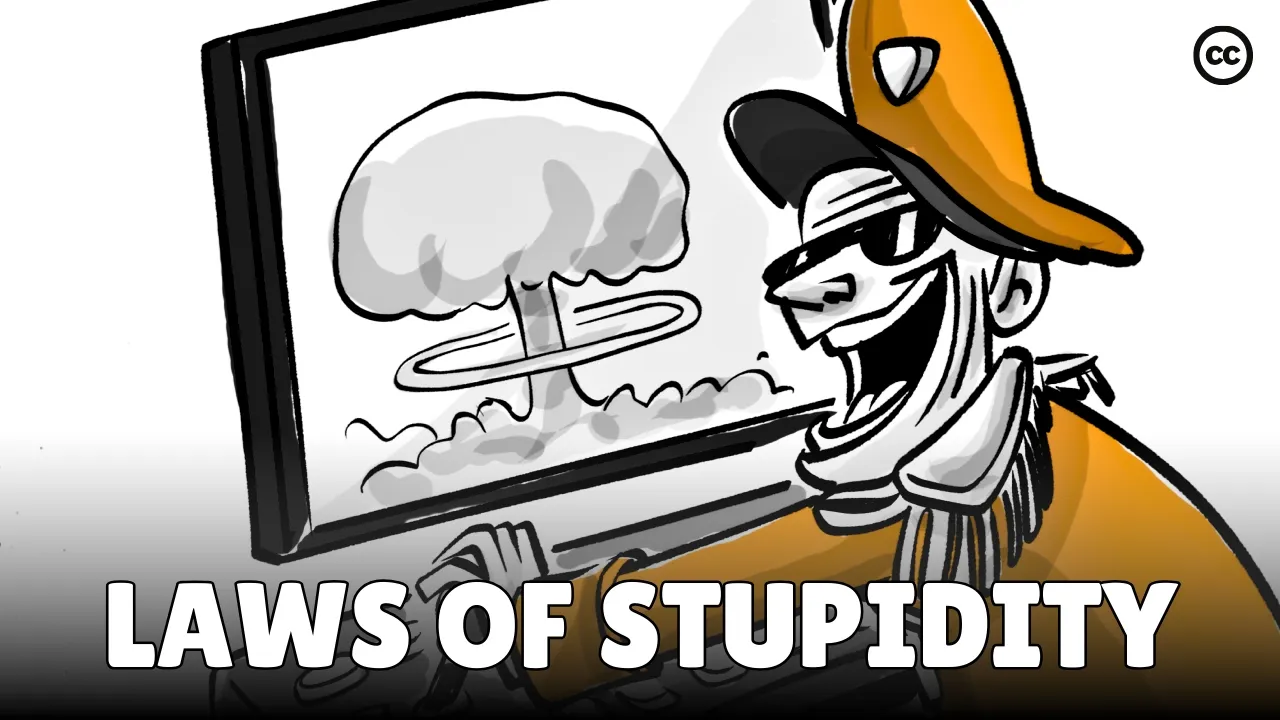
Introduction
In 1976, Carlo Cipolla, a professor of economic history, derived a social law that categorizes people into four distinct groups: the helpless, the intelligent, the bandits, and the stupid. Of these, the stupid person stands out as the most dangerous type, far more powerful than groups like the Mafia or the Military. This insight leads us to explore Cipolla's 5 Basic Laws of Human Stupidity, which provide a framework for understanding human behavior and its societal implications.
5 Basic Laws of Human Stupidity
To grasp Cipolla's perspective, we must first understand his five laws:
- Always and inevitably, everyone underestimates the number of stupid individuals in circulation.
- The probability that a person is stupid is independent of any other characteristic of that person. Education, wealth, or status have no bearing on stupidity.
- A stupid person is someone who causes losses to other people while deriving no gain for themselves.
- Non-stupid people always underestimate the damaging power of stupid people. They often forget that dealing with stupid individuals can be a costly mistake.
- A stupid person is the most dangerous type of person, even more dangerous than a bandit.
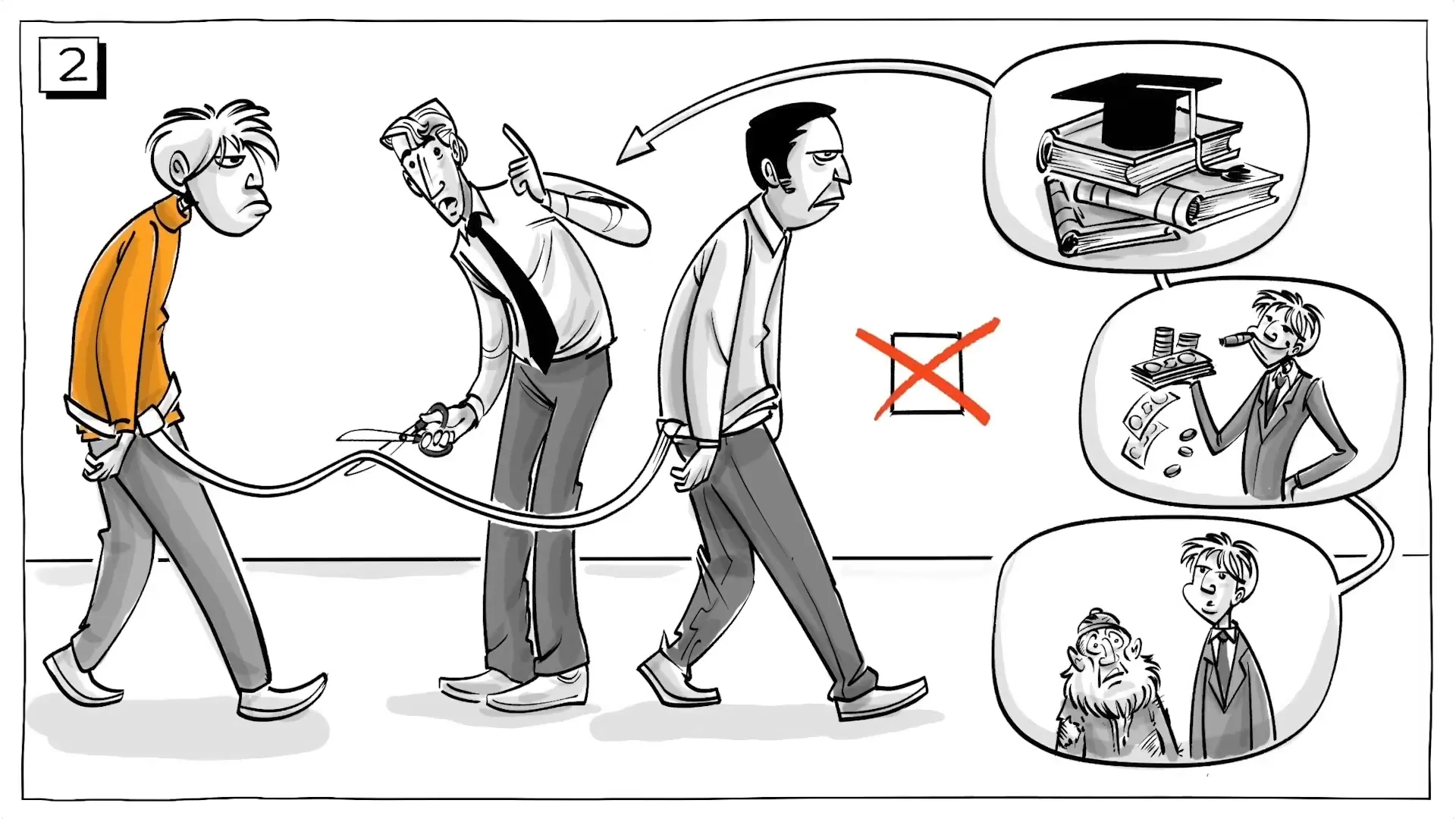
4 Factors of Human Behavior
Cipolla also identifies four factors of human behavior that help categorize individuals:
- If an individual takes an action and suffers a loss, they are classified as helpless.
- If they benefit themselves while also benefiting others, they are considered intelligent.
- If they help themselves but cause a loss to others, they are categorized as bandits.
- If they act without benefiting themselves but cause others a loss, they are labeled as stupid.
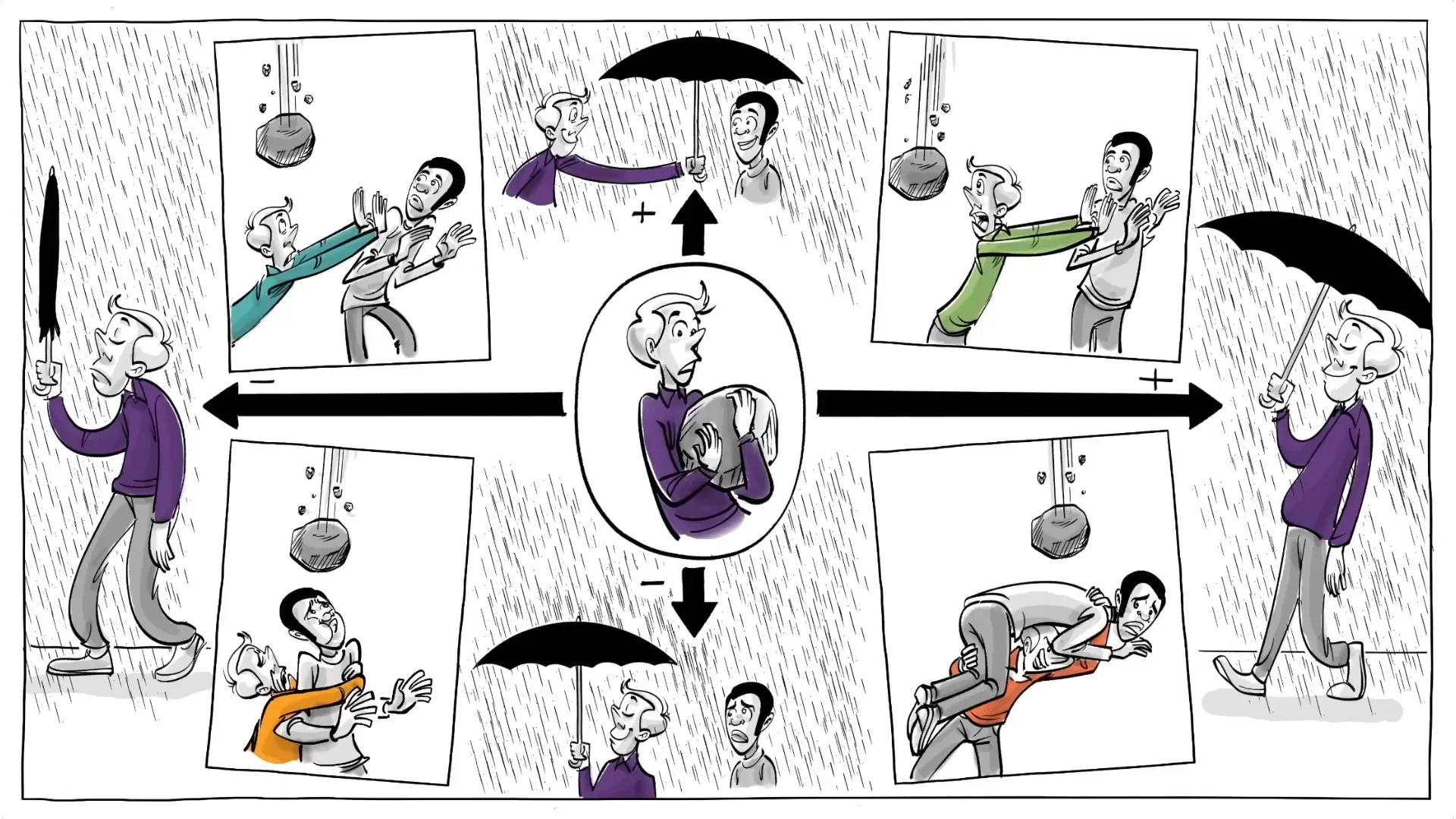
The effects on society
Each group has distinct effects on society:
- Helpless individuals contribute positively but are often exploited by others, especially bandits, limiting their impact.
- Intelligent individuals create reciprocal benefits, leading to a net gain for society, making it essential for helpless individuals to support them.
- Bandits prioritize their self-interest, enriching themselves at the expense of society, which helpless and intelligent individuals should strive to stop.
- Stupid individuals contribute to a net loss for society, causing frustration and confusion for others without any clear reason for their actions.
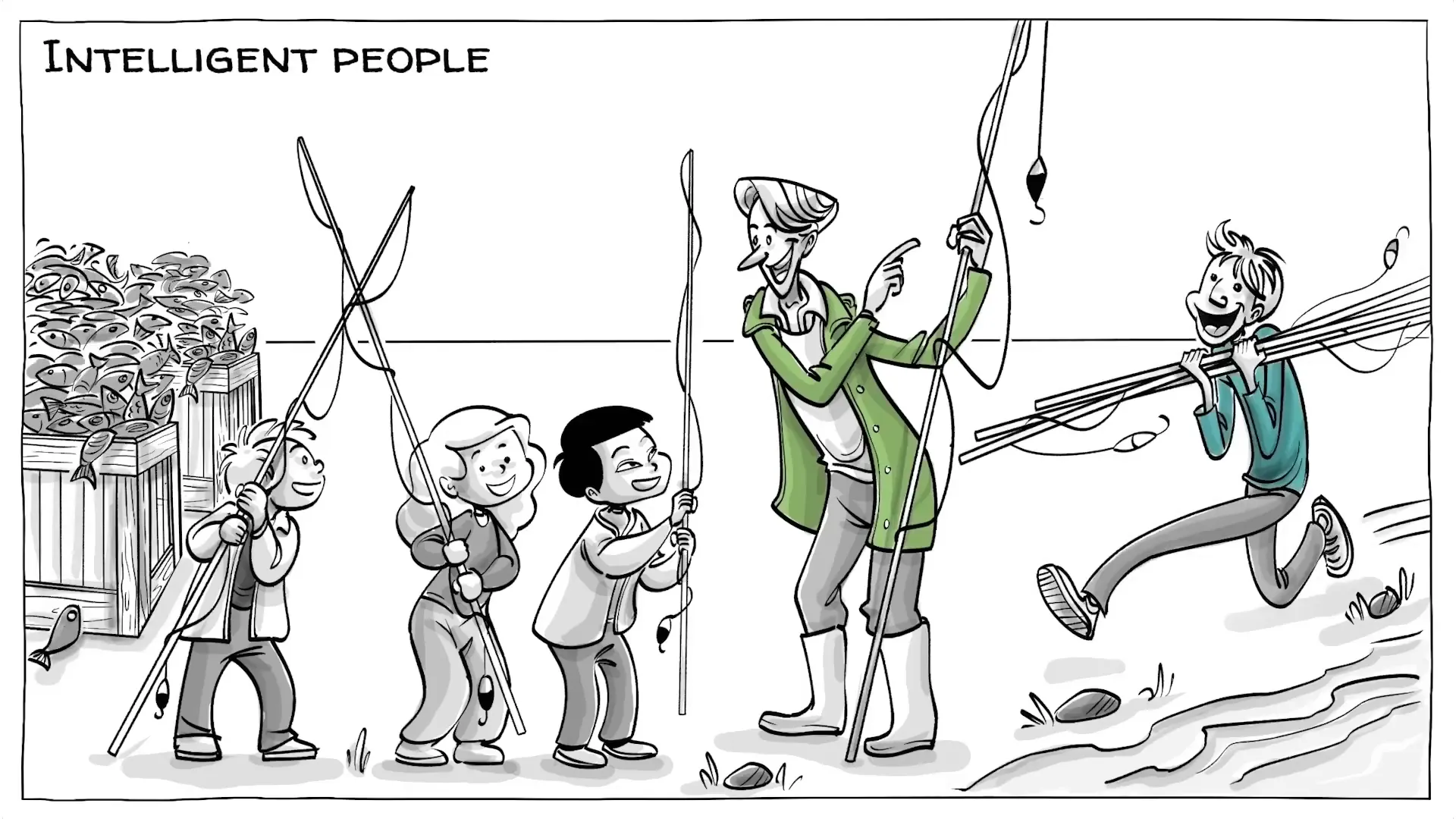
Cipolla's point of view
Cipolla held a controversial view against the prevailing belief of equality among men. He argued that some individuals are inherently stupid, a trait determined by nature, much like having red hair. He cautioned that the potential damage caused by stupidity is amplified when such individuals hold positions of power, particularly among bureaucrats, generals, and politicians.
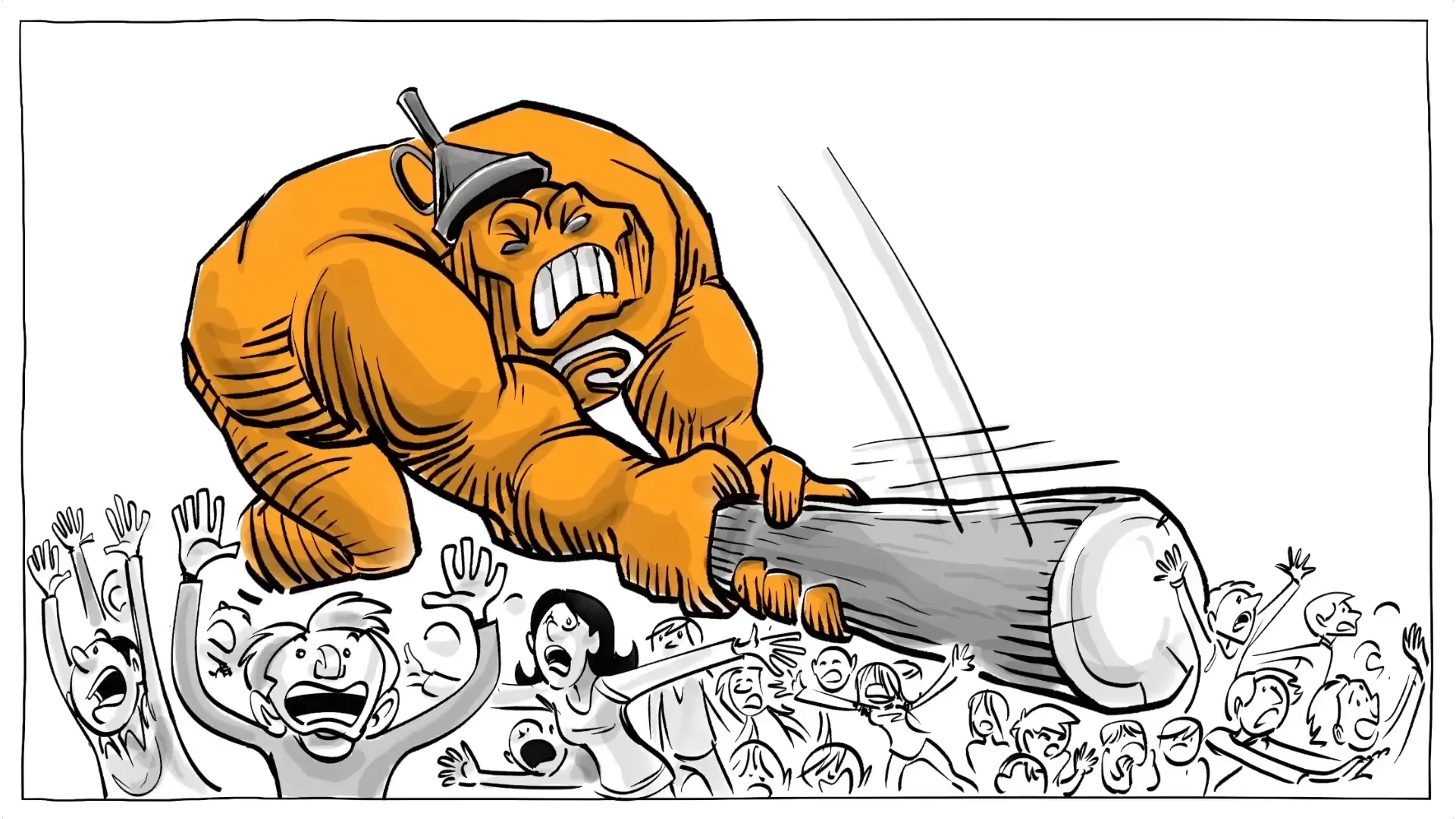
What do you think?
What are your thoughts on the nature of stupidity? Are people born or made stupid? This question opens up a complex dialogue about the interplay between inherent traits and societal influences. Cipolla's work encourages us to reflect on these dynamics and consider the implications of stupidity in our own lives.
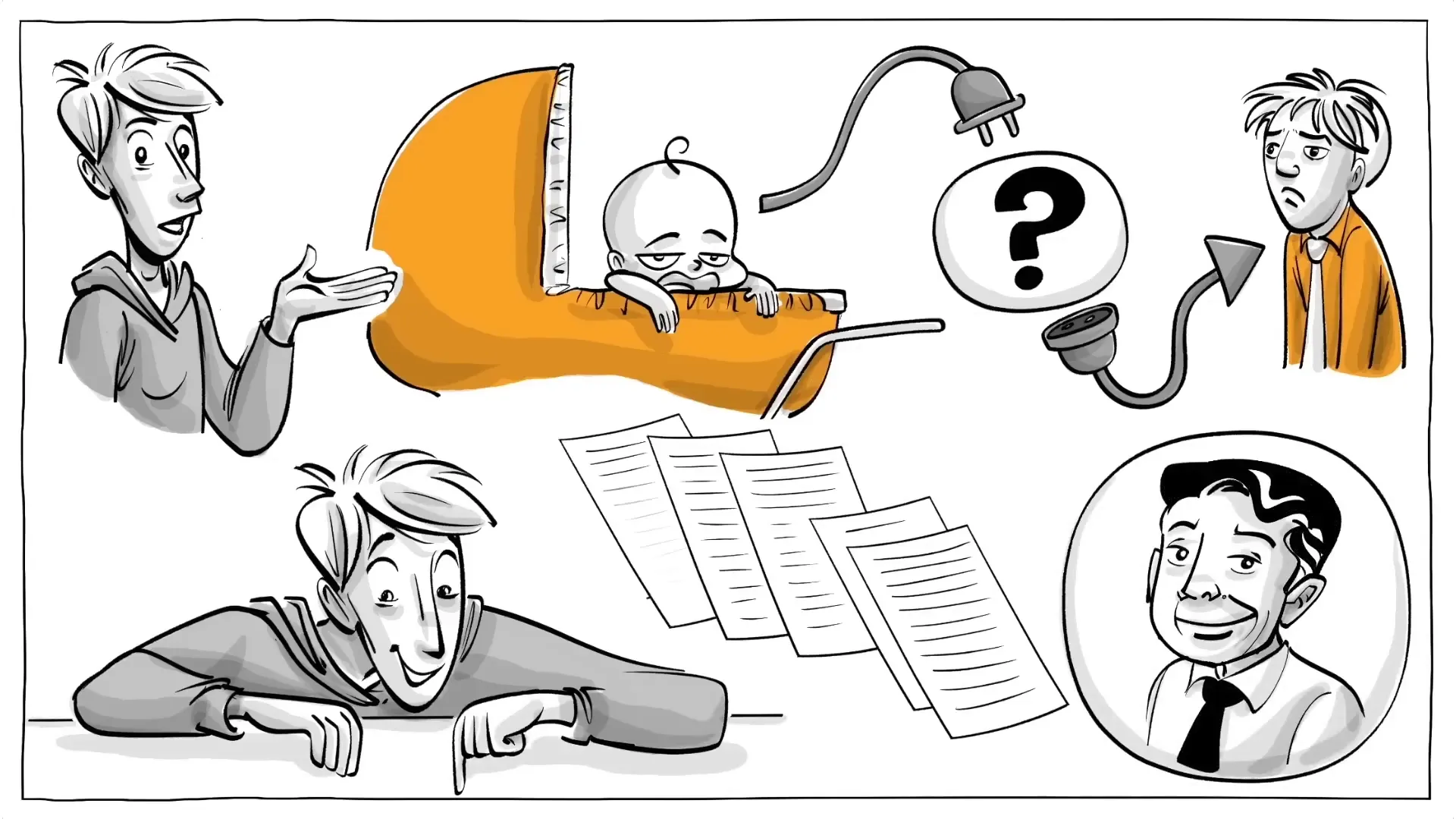
Conclusion
Cipolla's exploration of human stupidity, while initially intended as a light-hearted essay for friends, has profound implications. It challenges our understanding of human behavior and societal dynamics, urging us to recognize and address the pervasive influence of stupidity in our lives. As we navigate our interactions, being aware of these laws can help us make better decisions and foster a more intelligent society.



